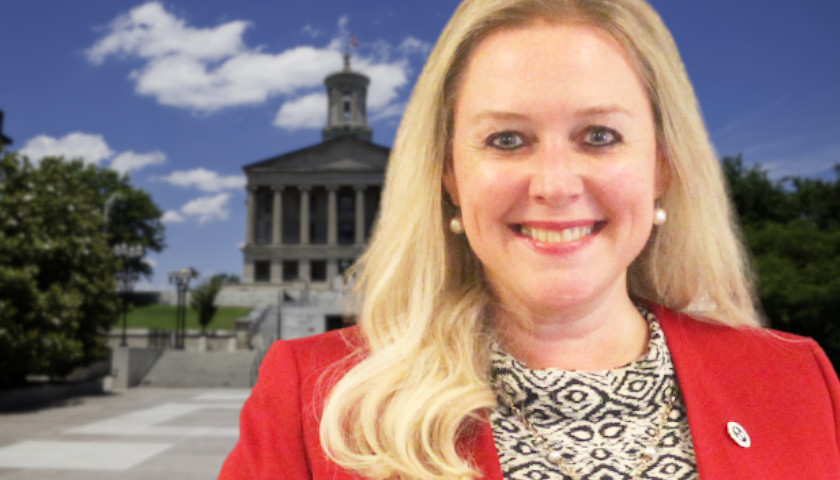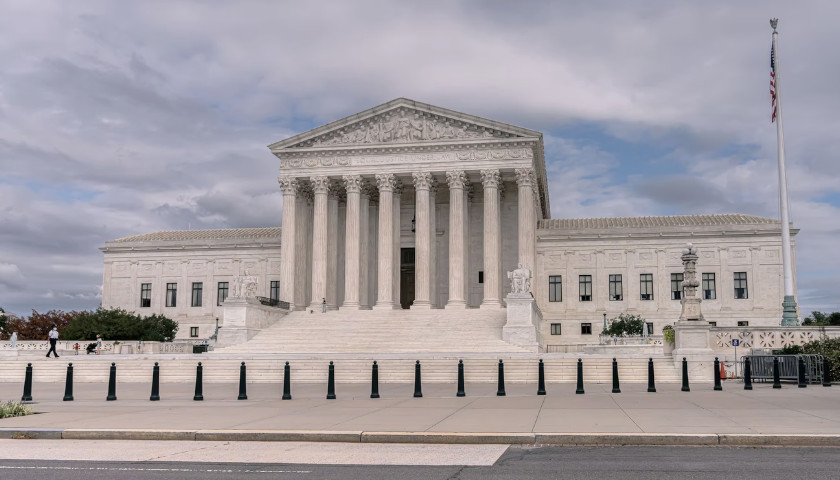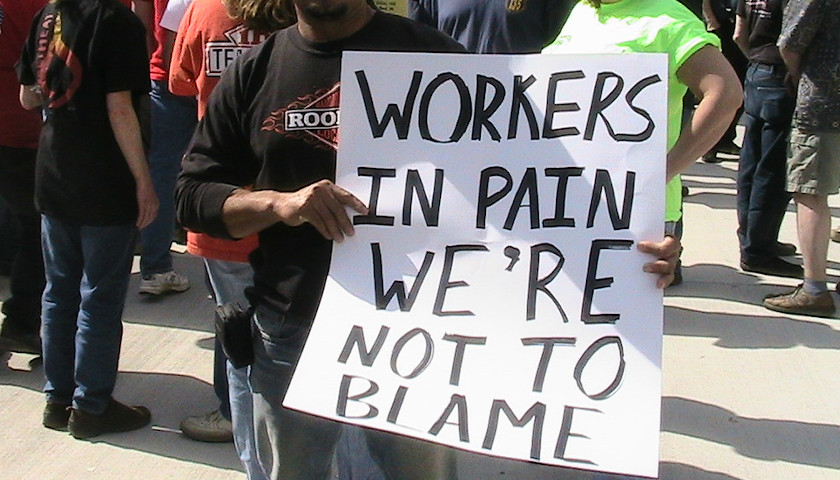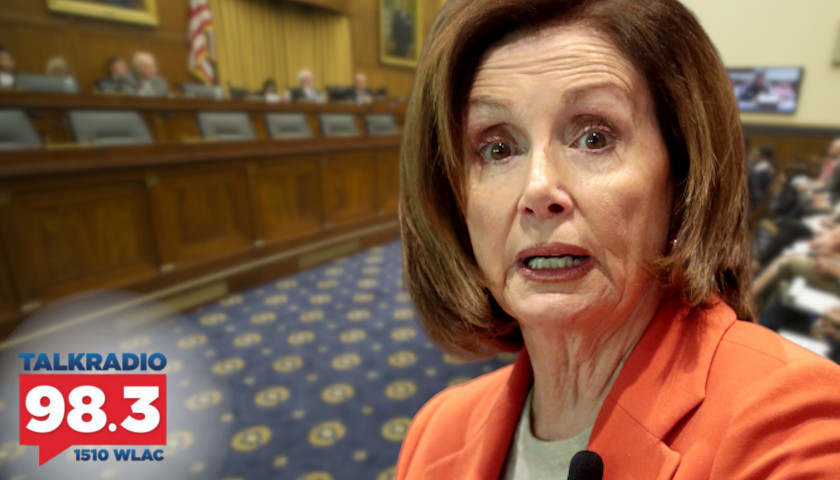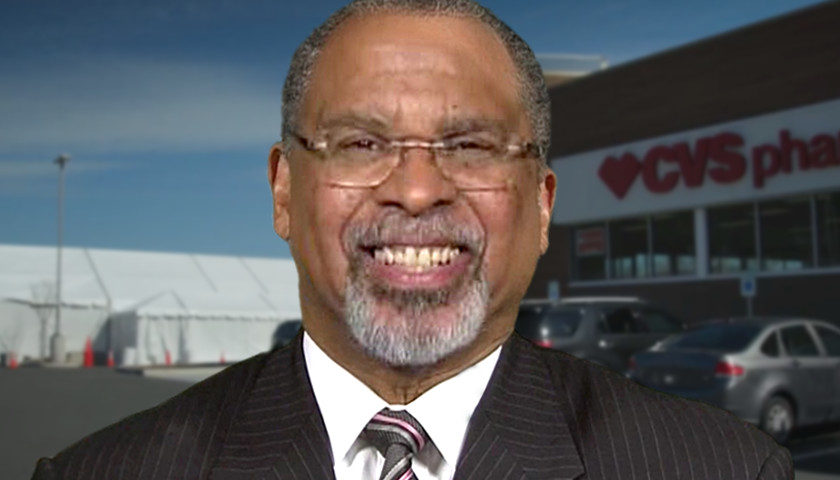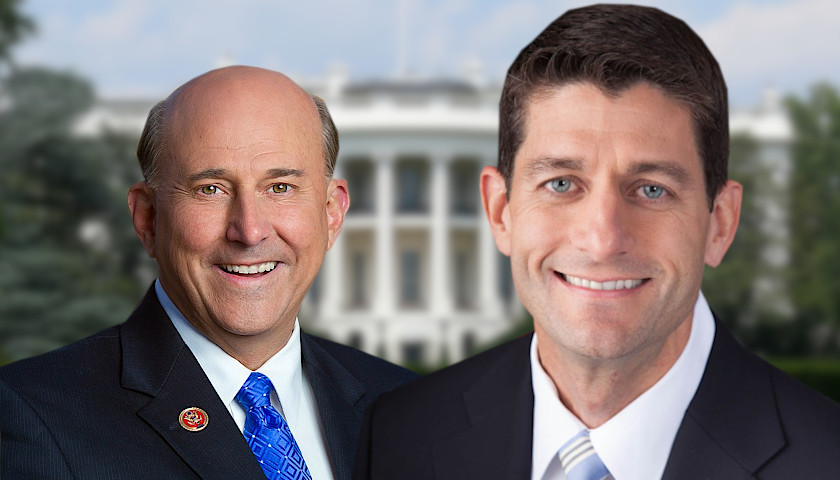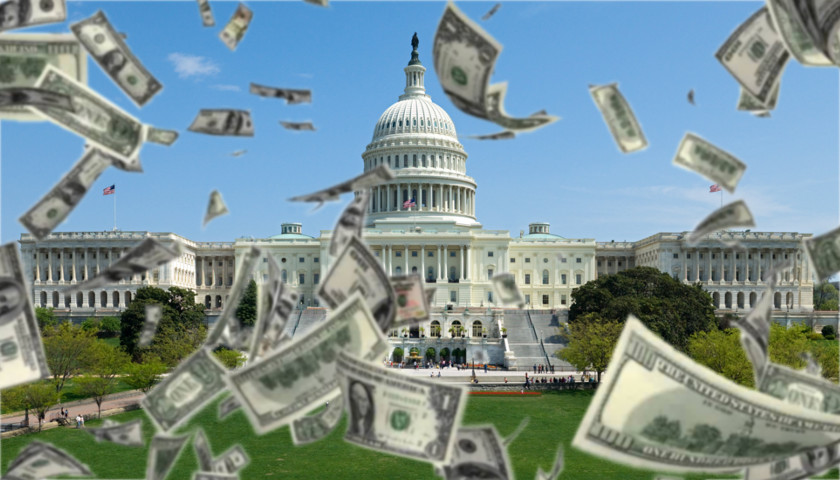by Molly Prince Republican Rep. Louie Gohmert of Texas revealed Wednesday that Speaker of the House Paul Ryan advised GOP House members to run on a platform against President Donald Trump during the 2016 presidential election. “Just a few weeks before the election, we were told by Paul, by our elected leaders that, gee, the only way we can keep the House majority is just all of us start running against the president,” Gohmert told guest host Derek Hunter during an interview on WMAL. “Fortunately, we had enough people one after another on the call that pushed back so hard they backed off of that.” Gohmert explained that Trump is still getting used to the dichotomy between the public and private sector, especially when it comes to handling members who claim to support him politically, yet refuse to further his agenda. “He wants to work with people over here on the Hill, and he’s just not used to, in the private sector, having people that are reputedly on his side conspiring to keep him from getting what he promised,” said Gohmert. “And that’s what we’ve seen.” “In the private sector, Trump knew if somebody that was on his side undermined him, there’d…
Read the full story



